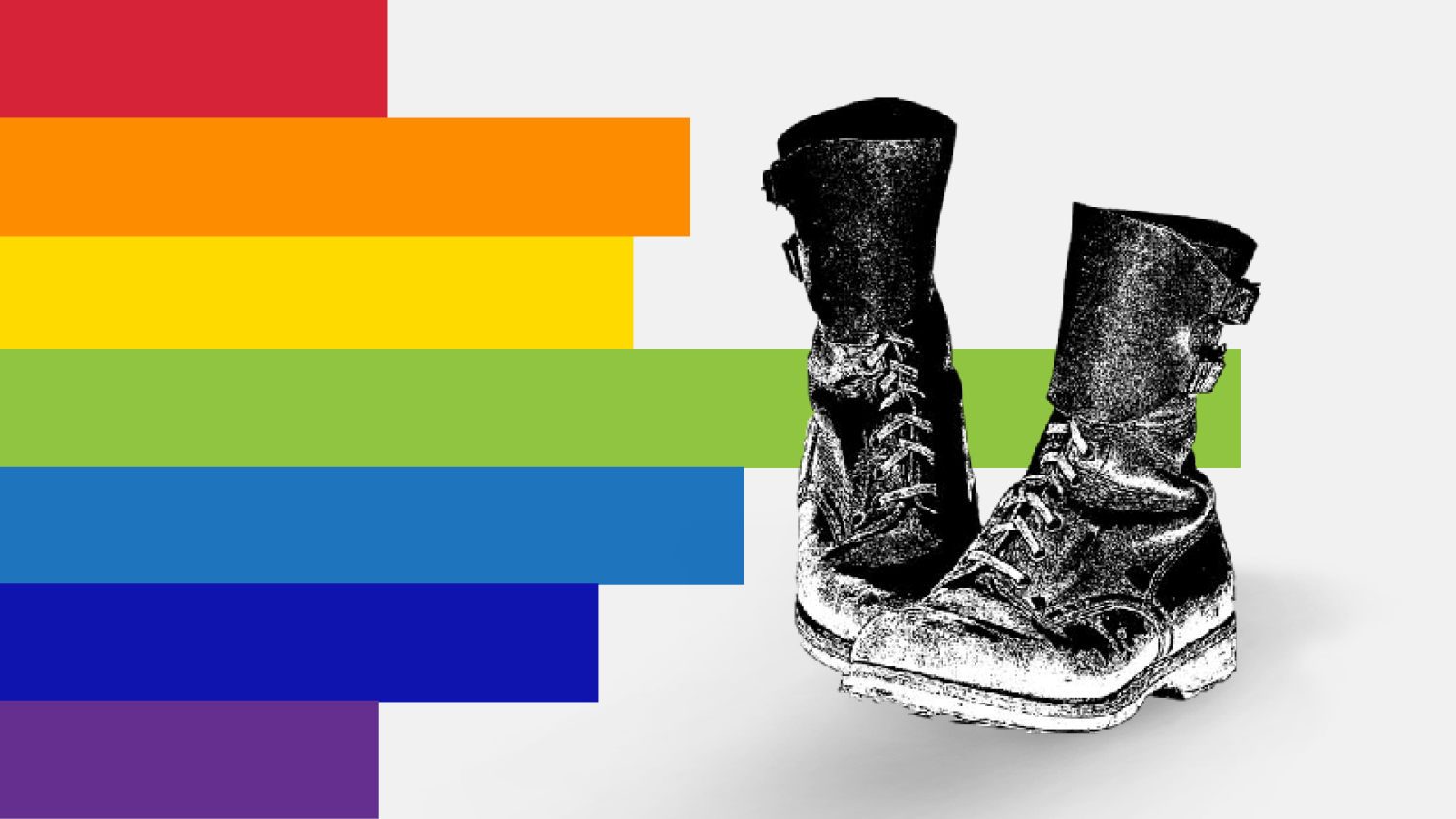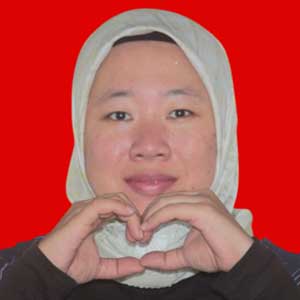A Rainbow Flag at Police Headquarters
Tuesday, November 3, 2020
arsip tempo : 171409939622.

THE career of Brig. Gen. EP was over, after a hearing of the National Police’s Professional Code of Ethics Commission reached the decision that this bespectacled man had violated their code of ethics on January 31. His punishment was demotion for three years. This meant that this 1988 Police Academy graduate will not reach any higher rank up until his retirement.
The hearing ruled that EP had violated Article 11 letter c of National Police
...
Subscribe to continue reading.
We craft news with stories.
 For the benefits of subscribing to Digital Tempo, See More
For the benefits of subscribing to Digital Tempo, See More








